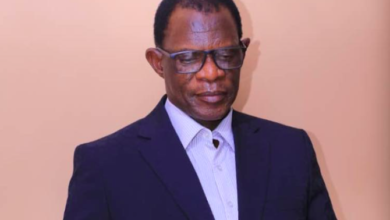A University In Denmark Is Offering A Beyonce Course

The University of Copenhagen is now offering a course called “Beyoncé, Gender and Race.” The school’s newspaper reports that the class is already at capacity, and from the professor’s description, it won’t be an easy A.
Professor Erik Steinskog told Danish broadcaster TV2 that the course, designed for arts and cultural study undergrads, will examine the pop star’s lyrics, videos, and performances with a special focus on sexuality, gender, and race.
“One of the goals is to introduce black feminist thought, which is not very well known in Scandinavia,” he said. “Beyoncé is important in understanding the world we live in. [She] is one of the biggest pop artists today, which makes her important in an analysis of contemporary times.”
The new course underscores the cultural relevance of the 36-year-old singer, whose 2016 album Lemonade, accompanied by a visual component,was celebrated for its commentary on the experience of being a black woman— the individual and shared tribulations.
The University of Copenhagen is not the first school to catch on to the lessons embedded in Beyoncé’s art. Rutgers University introduced a class named “Politicizing Beyoncé” in its Department of Women’s and Gender Studies in 2014. The class, which studied Beyoncé’s videos and lyrics in conjunction with other work from the black feminist movement, proved popular among students, but it was not universally loved. After not being renewed the following year, it moved to a new department in 2016.
Adjunct professor Kevin Allred, who taught the course at Rutgers, told school paper The Daily Targum that he sensed “a real pushback against … looking at Beyoncé as seriously as looking at (historical) black feminist figures. There’s maybe a political discomfort around that.”
Professor Steinskog, for his part, downplays the attention his class has generated. “In the 80s, especially in the late 80s, probably more in the U.S., there were classes about Madonna,” he told the BBC. “So why is this surprising to the media when we do it now?”





